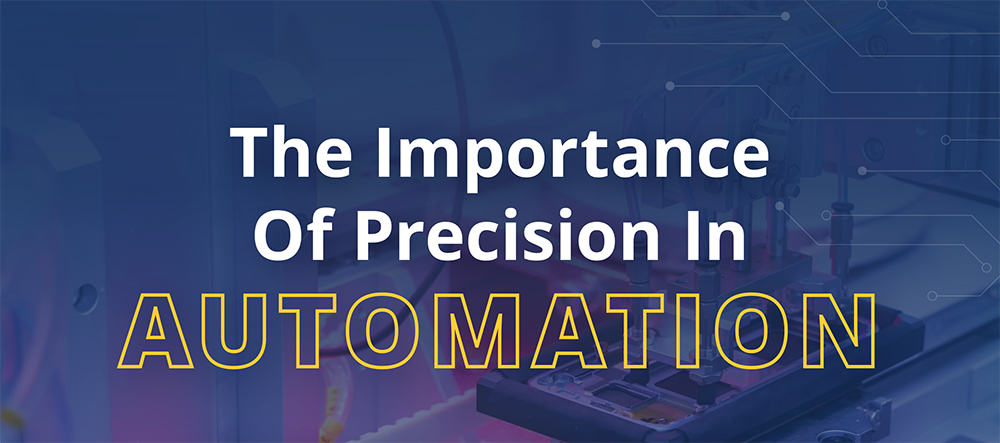
The Importance of Precision Machining in Manufacturing Automation
Remarkable innovations emerge seemingly every day in the world of manufacturing. One area specifically experiencing significant modernizations is in automated and numerical control precision machining. There’s so much progress, in fact, the level of growth in the precision parts and production market is expected to grow at least 12% by 2024.
Below, we’ll briefly go over what precision manufacturing is and how important it has become for manufacturers across the various industries.
What is precision manufacturing? Essentially, it’s an advanced method of industrial manufacturing using processes and techniques designed to produce versatile parts with tight or rigid specifications. It could pertain to a wide range of operations for precision metal cutting and tooling, such as the utilization of metal stamping in tandem with accurate tooling by metal fabricators. The goal is to produce identical high-precision parts and components, often for assembly into a larger product.
Precision manufacturing is important for many types of production, however, this method is particularly attractive to industries with tight tolerance requirements or under strict regulations. Several of the leading industries — which are not only driving the economy, but also generating improvements for our quality of life — would be incapable of meeting rising demands without it. What’s more, manufacturing products with complex geometries and tiny components is often accomplished more cost effectively via precision manufacturing.
Another reason why precision manufacturing has become so meaningful is its ability to generate output quickly and consistently. A consistent quality is essential for countless parts, components, and products on the market. If there are flaws in the part or product’s design, it leads to wasted materials, higher costs, and increased time to market. Precision manufacturing approaches — such as CNC precision machining — avoid these shortcomings by using automation and computer programming to create products with exact specifications.
It isn’t only the manufacturers who stand to benefit from precision in automation and manufacturing, but also it’s those receiving the products. For instance, within the medical device industry, product accuracy and reliability are paramount. Whether it’s endoscopies, respirators, or PPE, these incredibly important life-saving pieces of equipment could make all the difference in a patient’s outcome or caregiver’s safety. Because of that, product precision is key.
These are only a few of the reasons why precision manufacturing is quickly becoming one of the most sought-after advancements in industrial manufacturing. For further information on the capabilities, benefits, and importance of precision in automation and manufacturing, please see the accompanying resource.
Have questions about how to improve your manufacturing operations? Contact us today.





